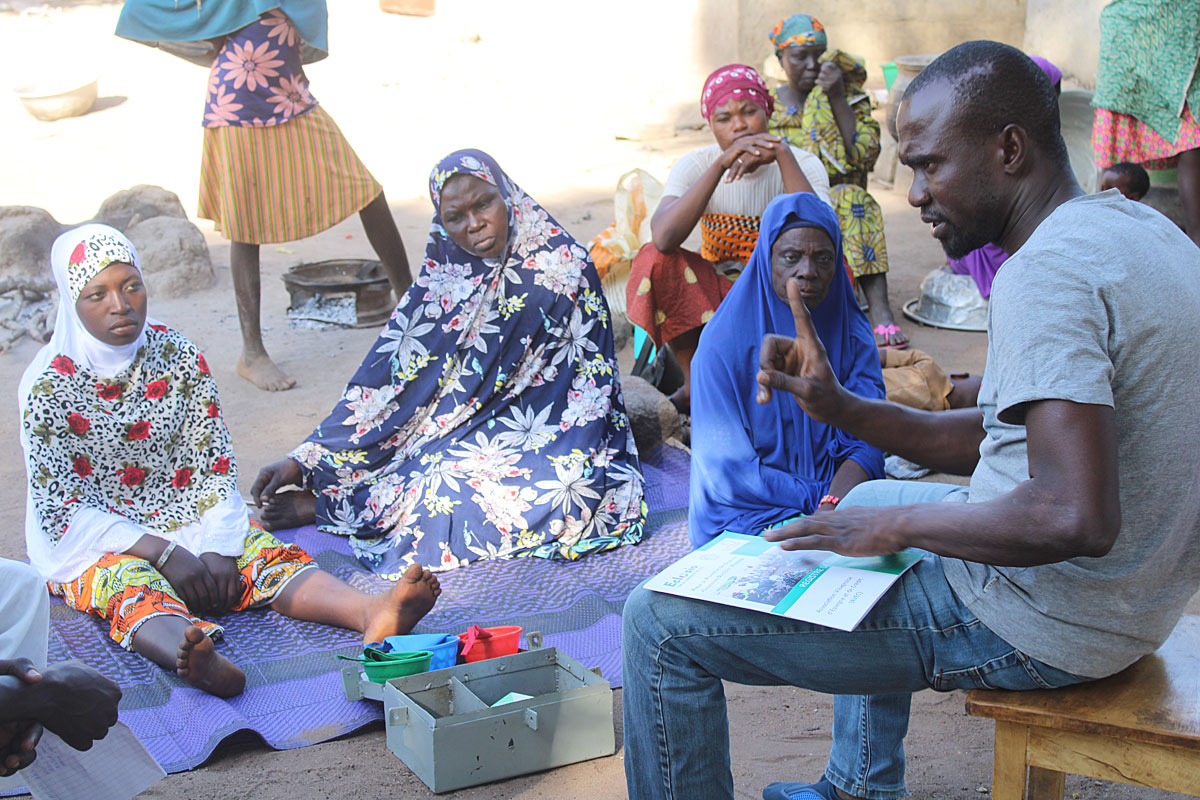Caring for and providing for family and loved ones is at the heart of African culture, even prior to colonial times.
Stories have been told of how Africans lived together, sharing from plate to animals — and in some societies, even wives. But with the changes in times and the demands of contemporariness, some practices have become not only old, but emotionally and financially depleting to maintain.
The main site where this burden is felt is familial obligations. It remains the expectation in Africa, and more so in Kenya, that an individual who succeeds automatically has the responsibility of breadwinner for the family.
This support, though often financial, ranges from sending school fees for younger siblings to constantly remitting cash back home to support extended family and neighborhood projects.
But the question is — is society draining emotionally the African son and daughter in the guise of helping society? While everybody thinks that it's noble to help the family, increasingly more young people are beginning to protest, especially when members of their families don't try to do anything better to help themselves.
You might find, for example, an unemployed cousin opting to wed and have several children, relying on the "successful" brother or sister to cater for them as well as their offspring.
This is like such a huge burden because that brother or sister likely has personal obligations, payments, and goals that get relegated to the backburner in order to fit in for responsibilities they never signed up for.
These kinds of situations have resulted in most youths choosing not to have children of their own out of fear of the cycle of perpetual responsibilities. Others have decided to go as far as to disown their extended families out of mental health and fiscal independence considerations.
The problem is not in helping family. Young people are more than willing to help when they can. The problem is with the entitled demands and emotional blackmail usually associated. In some cases, the same relatives never assisted the young adult in accomplishing their objectives but demand entitlement to their success.
It's time we make it acceptable to say 'no' when the burden is too much. Boundaries aren't rude — they're a question of survival in a world where everyone is fighting to stay above water.

